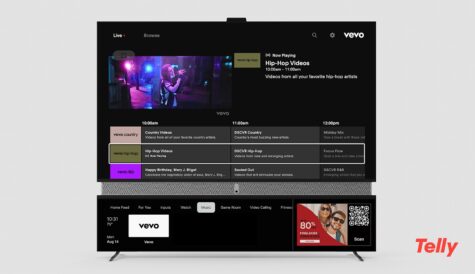Sky chief calls for new regulator to hold internet giants to account
 Sky CEO Jeremy Darroch has joined the chorus of media company executives calling for regulatory intervention to create a level playing field with internet giants such as Google and Facebook.
Sky CEO Jeremy Darroch has joined the chorus of media company executives calling for regulatory intervention to create a level playing field with internet giants such as Google and Facebook.
In an article published by The Times, Darroch said that it was “simply wrong” that huge international tech companies were not expected to meet the same obligations as broadcasters based in the territory they target, such as Sky, and called for the creation of a regulator with “sharp teeth” to exercise more effective oversight of such companies.
Darroch has written to digital, culture, media and sport secretary Matt Hancock, urging him to set up a new regulatory body with power to ensure that internet giants are responsible for the content published on their sites in order to “stem the flow” of “illegitimate and even dangerous” content on the web.
He said such a regulator should have the power to gather information, initiate inquires and impose effective sanctions.
This is not the first time that Darroch has called for a crackdown on unaccountable tech giants. In November last year he used a speech in Tallinn, Estonia, to call for European regulators to stamp down on tax avoidance by companies that operate online with “no regulation, no accountability and little transparency”.
A growing number of executives from traditional media organisations have lined up to call for a level playing field with internet companies, which are subject to few of the stringent obligations that broadcasters are typically subject to.
Darroch’s intervention comes as Sky publishes a report commissioned from Communication Chambers on the need for regulation of online content.
The report calls for a new statutory framework for platform accountability for online content, with an “industry-led” oversight body based on the principle of ‘co-regulation’.
According to the report, a new code should be put in place to deal with instances of illegal and seriously harmful content, with lower expectations for legal-but-harmful material. The code should also differentiate on size, with reduced or no requirements for smaller platform, according to the report’s authors. Larger players would have to notify the oversight body, contribute to its costs of operation, and provide information or carry out a harm assessment in response to a specific, evidence-based and reasonable request, it asserts.



